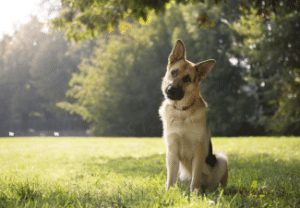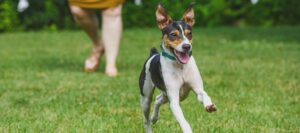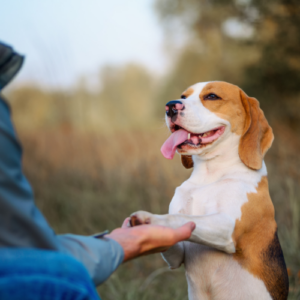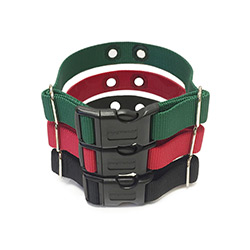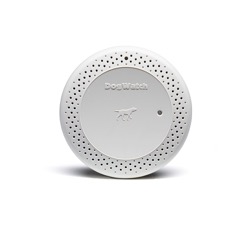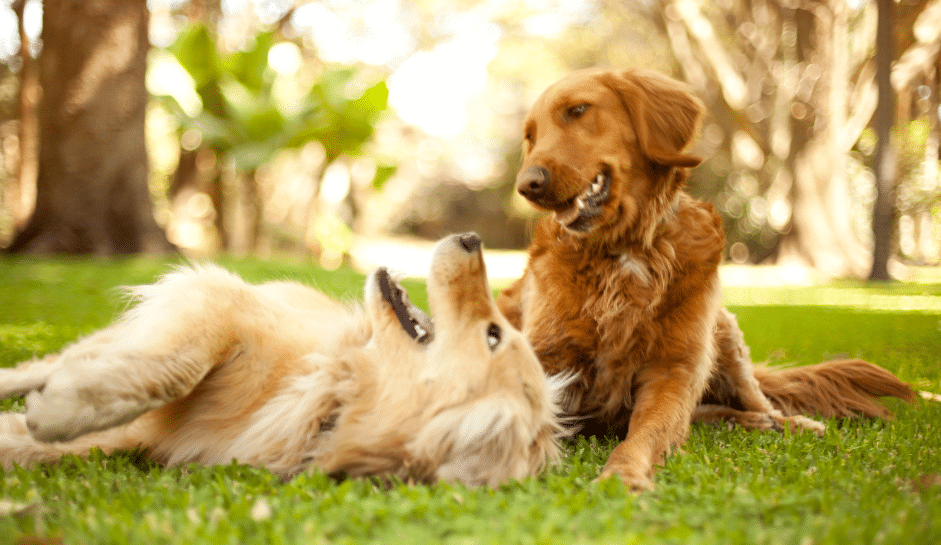
Do dogs have best friends, just like humans do? It’s a question that many dog owners have asked while watching their dogs play at the park or bond with other dogs. To understand dog friendships, it’s important to explore their social behavior and the concept of pack dynamics. Here, we’ll take a closer look at how dogs form bonds, how pack instincts influence these relationships, and what this all means for their friendships.
The Social Nature of Dogs
Dogs are naturally social animals. They descend from wolves, which are pack animals that rely on cooperation and strong bonds for survival. While thousands of years of domestication have changed many things about modern dogs, their social instincts remain deeply rooted. These instincts play a key role in how dogs interact with each other and form connections today.
When dogs meet, their behavior can vary. Some are eager to play and make friends, while others might be cautious. This depends on factors like their personalities, past experiences, and even their breed tendencies. Dogs that are well-socialized from a young age are more likely to form bonds with other dogs they encounter.
How Dogs Form Friendships
Friendships among dogs often start with positive interaction. Playing is one of the most common ways puppies and adult dogs build connections. When two dogs meet and engage in chasing, wrestling, or other playful behavior, they create a foundation of trust and companionship. Over time, repeated positive encounters can lead to stronger bonds.
It’s worth noting that, much like people, dogs can show preferences for certain companions. A dog may have plenty of “acquaintances” at a dog park but truly light up when a specific friend comes around. These preferences might be influenced by similar energy levels, compatible play styles, or simply familiarity.
Best Friends Through a Pack Lens
To fully understand puppy friendships, it helps to consider pack dynamics. Packs, whether in the wild or within a multi-dog household, have their own rules and structures. A pack depends on cooperation, mutual respect, and defined roles. Even if your dog isn’t living in a wild pack, the instincts for these relationships carry through.
Within a pack, close bonds do form. These are often seen between siblings or long-time companions, much like best friends. Dogs in a household may create a hierarchy, but that doesn’t stop pairs or smaller groups within the pack from showing special attachments to one another. Sometimes, dogs bond so closely that they’re almost inseparable, sticking by each other’s sides through every activity.
Animal Behavior Insights
Animal behaviorists observe that dogs show signs of attachment and loyalty that look a lot like human friendships. For example, dogs that are bonded may sleep close together, groom each other, or display distress when separated. These behaviors reflect the emotional connections that dogs can experience.
Dr. Marc Bekoff, a well-known ethnologist, has studied social bonds among animals, including dogs. He explains that dogs exhibit behaviors like empathy and cooperation, which suggest deeper relationships than just casual interactions. While it may not be exactly like human friendships, these bonds are based on trust and mutual enjoyment.
Real-Life Examples of Puppy Friendships
Dog owners often share heartwarming stories of their pets forming special bonds, whether with other dogs in the household or friends they meet regularly on walks. One common scenario is a bond between litter mates. Siblings raised together often develop a connection that lasts for years, even if they don’t live in the same home.
Even outside of litter mates, dogs can form deep friendships. For instance, you might notice your dog eagerly seeks out a particular canine buddy at the dog park and plays with them differently than with others. These “best friend” dynamics are a result of their natural capacity to form social ties.
What This Means for You and Your Dog
Understanding that dogs can form friendships highlights the importance of socialization. Exposing your dog to different dogs starting early in life helps them develop social skills and gives them the chance to build bonds. Supervised playdates, trips to the dog park, and group training sessions are all excellent ways to facilitate socialization.
If your dog has a best friend, you might notice their enthusiasm when they see their companion. Encouraging these positive relationships can improve your dog’s overall happiness and well-being. After all, just like humans, dogs benefit from having close relationships in their lives.
Prepare to Socialize Your Dog
While dogs may not label their friendships the way humans do, there’s plenty of evidence that they form bonds that closely resemble friendships. Through play, interaction, and shared experiences, dogs connect in meaningful ways. Whether it’s rooted in pack dynamics, shared energy, or simply enjoying each other’s company, these bonds make life richer for our furry companions.
If you want to encourage your dog to socialize and play in healthy and safe ways, DogWatch offers remote trainers that safely discourage bad behavior when around new dogs. By fostering your dog’s social instincts and recognizing the value of these connections, you’re supporting their emotional health. And who knows—maybe you’ll even end up as part of their “best friend” circle too!
Frequently Asked Questions About Dog Friendships
How can I tell if my dog has a best friend?
You might notice your dog showing excitement when they see a specific dog, such as wagging their tail, barking happily, or running toward them. They may engage in unique play styles with their best friend compared to other dogs, like prolonged chasing, wrestling, or simply relaxing together. If they seem more comfortable and enjoy spending extra time with one particular dog, they’ve likely formed a special bond.
How can I help my dog build healthy friendships?
Start by socializing your dog early, exposing them to different dogs in safe environments, like dog parks or supervised playdates. Look for dogs with similar energy levels and play styles to ensure compatibility. Always monitor interactions and step in if play gets too rough or one dog seems uncomfortable. Positive reinforcement, like praising good behavior, can also encourage friendly, healthy relationships.


